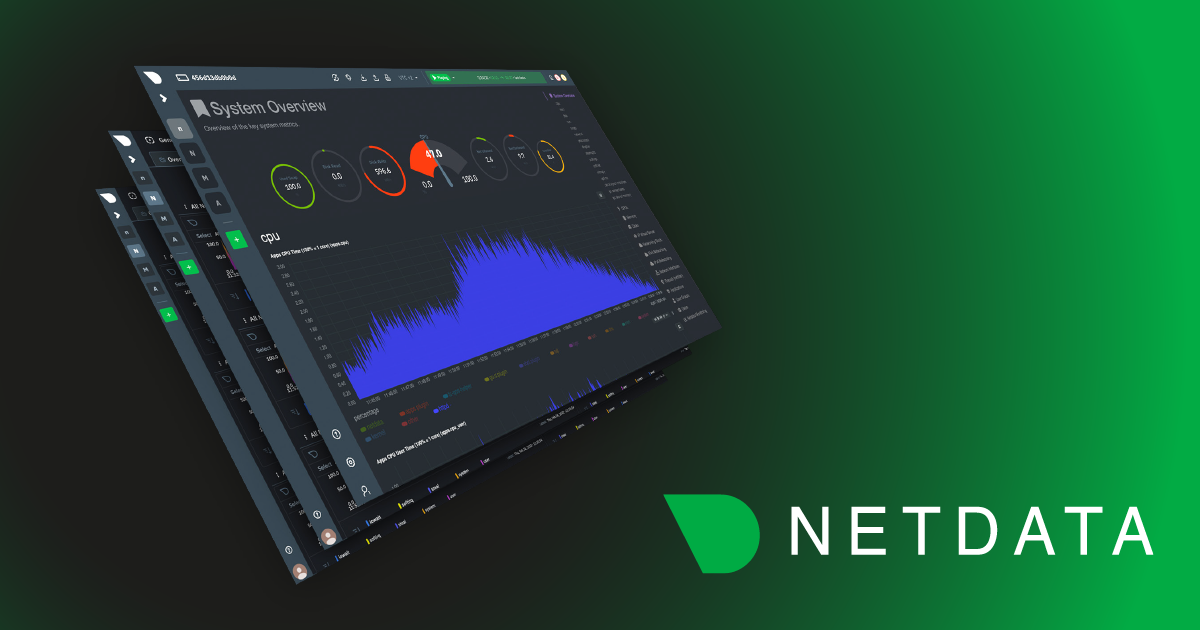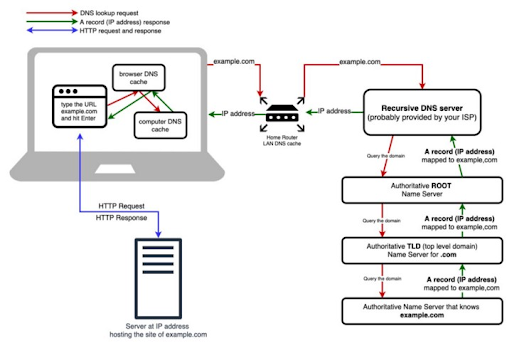
“Why bother with it? I let it run in the background and focus on more important DevOps work.”
— a random DevOps Engineer at Reddit r/devops
In an era where technology is evolving at breakneck speeds, it's easy to overlook the tools that are right under our noses. One such underutilized powerhouse is the systemd journal. For many, it's a mere tool to check the status of systemd service units or to tail the most recent events (journalctl -f). Others who do mainly container work, ignore even its existence.
What is the purpose of systemd-journal?
However, the systemd journal includes very important information. Kernel errors, application crashes, out of memory process kills, storage related anomalies, crucial security intel like ssh or sudo attempts and security audit logs, connection / disconnection errors, network related problems, and a lot more.
The system journal is brimming with data that can offer deep insights into the health and security of our systems and still many professional system and devops engineers tend to ignore it.









